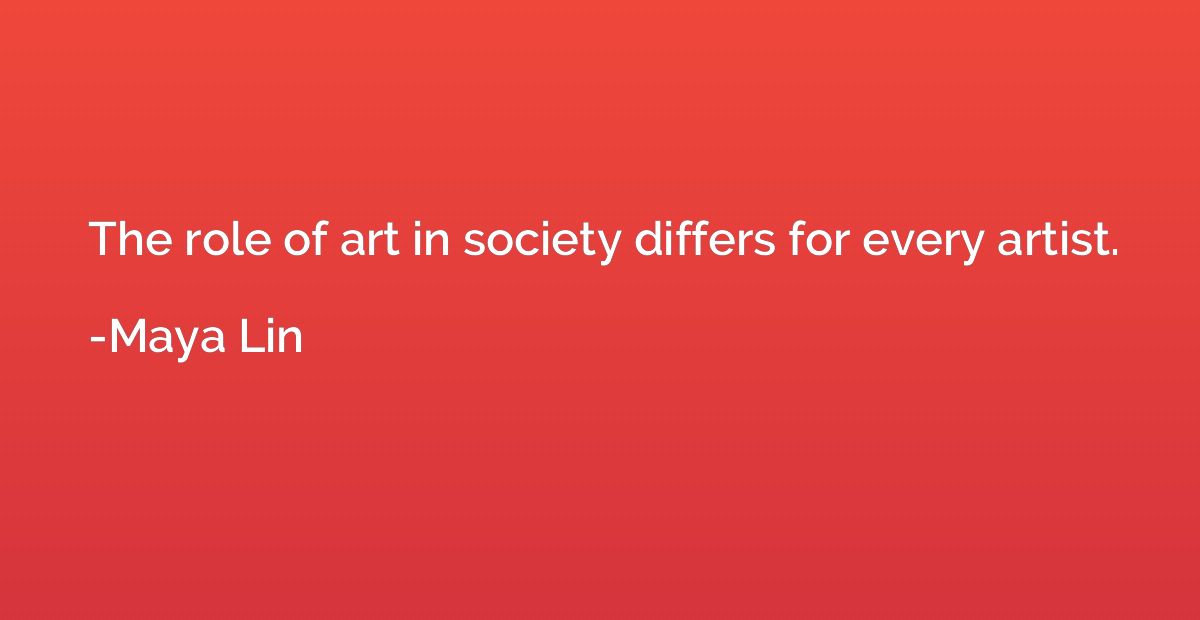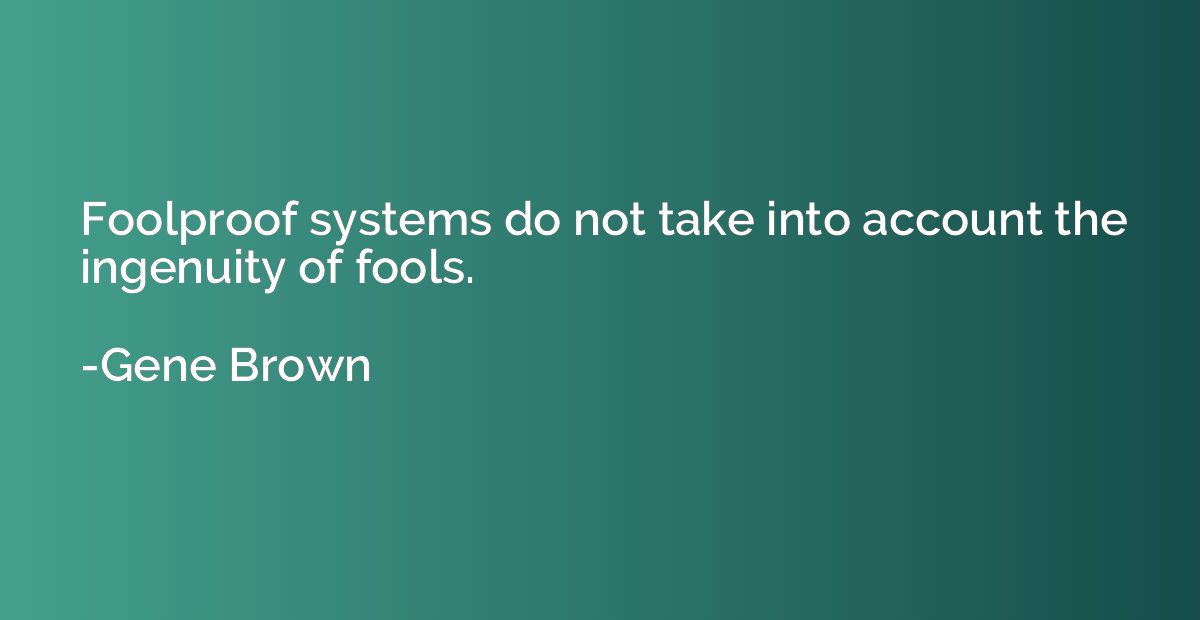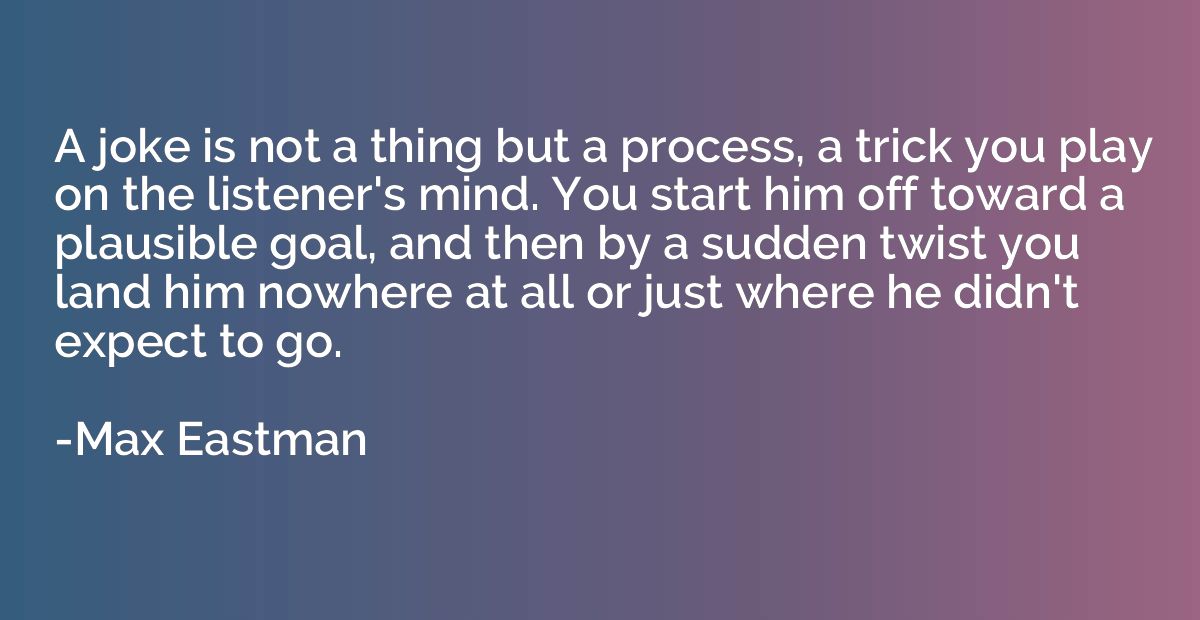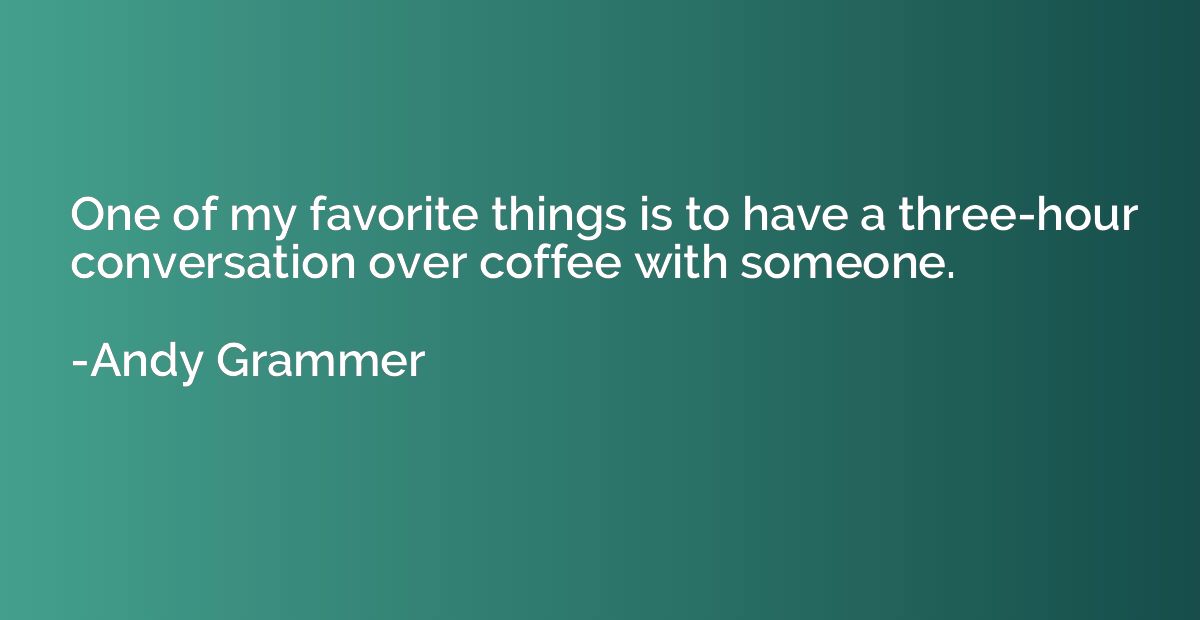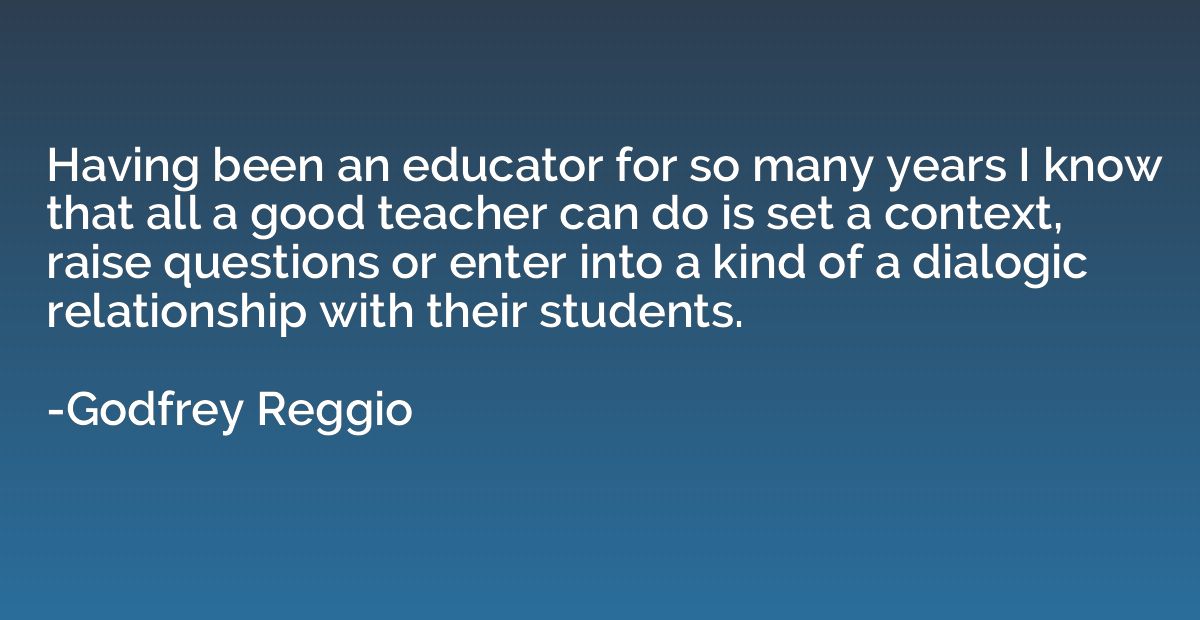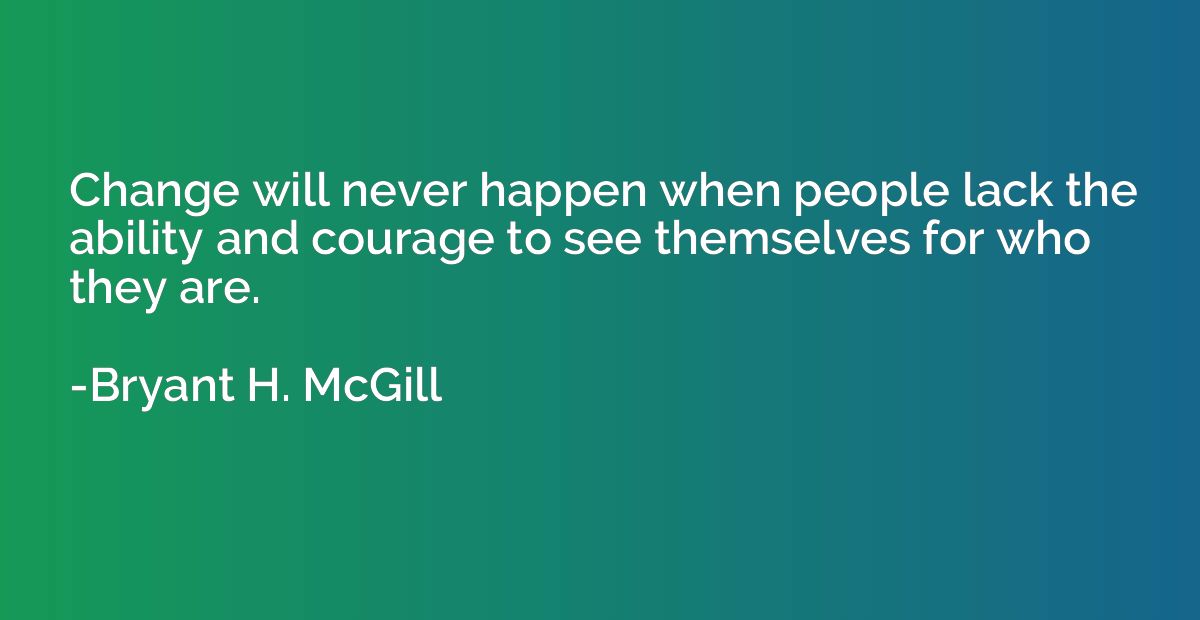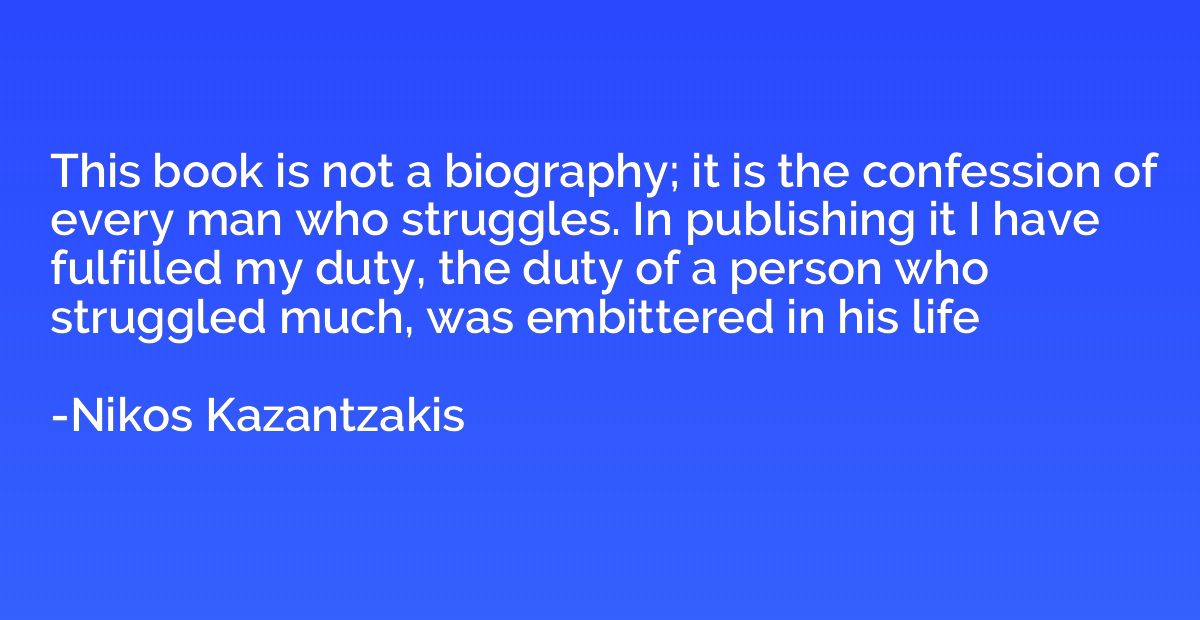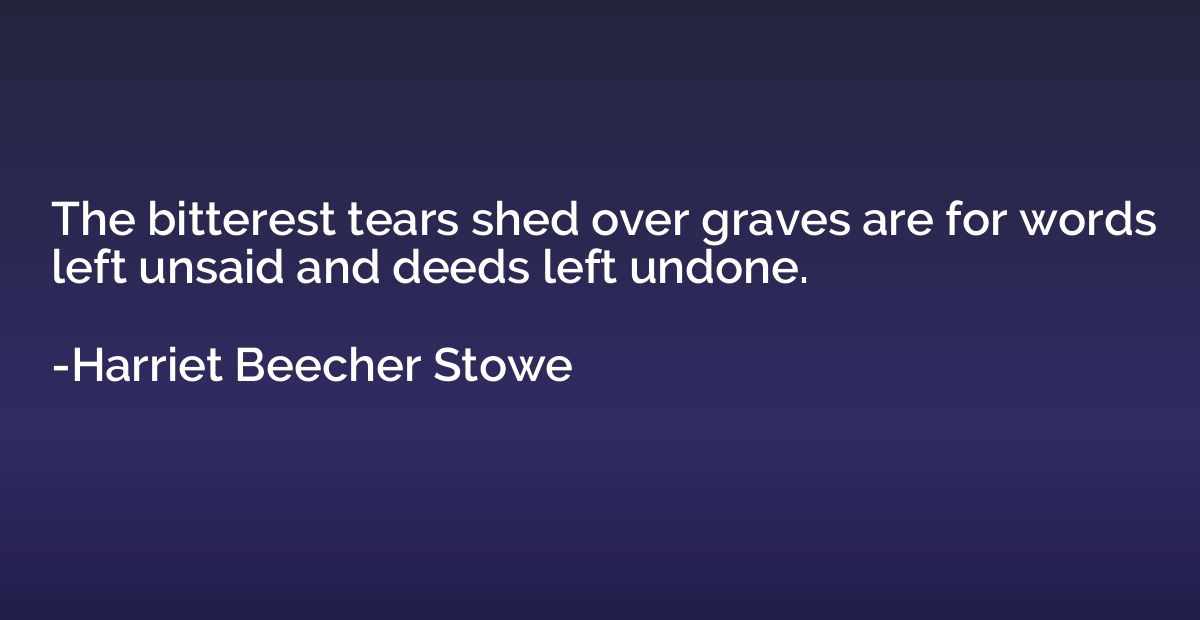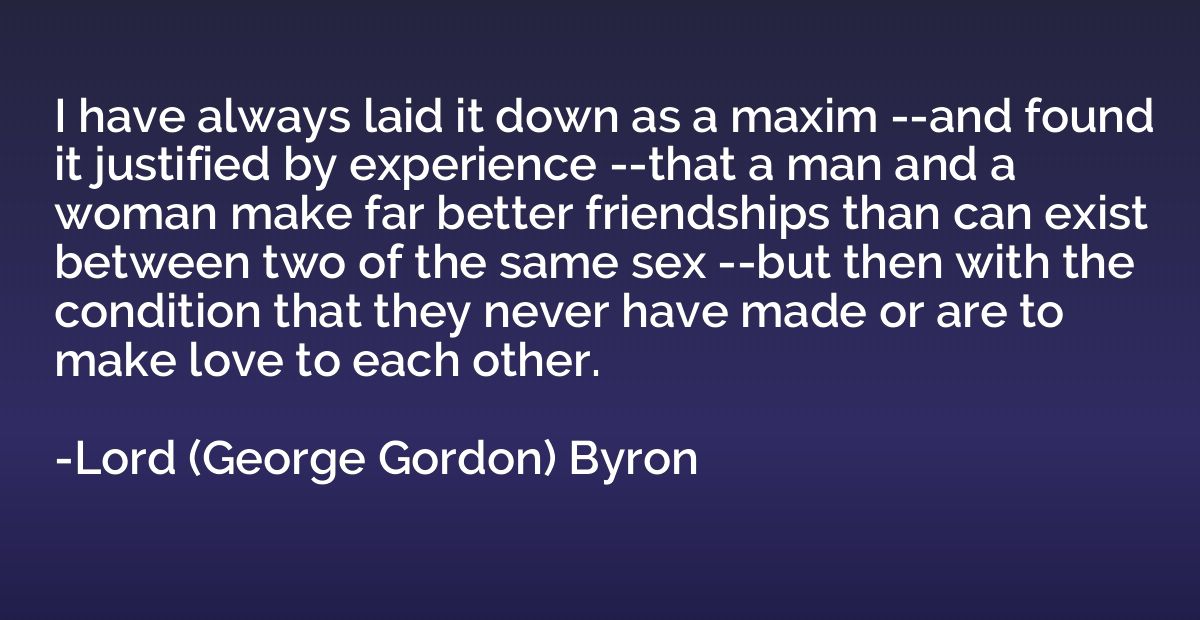Summary
This quote emphasizes the subjective nature of the role of art in society. Each artist has their own unique perspective, intentions, and goals with their creative expression. Art can serve various purposes in society, such as sparking discussions, challenging norms, providing emotional catharsis, documenting history, or simply bringing aesthetic pleasure. Some artists may prioritize activism and social change, while others may focus on personal expression or abstract exploration. Ultimately, the quote suggests that there is no universal definition or purpose for art in society, but rather a multitude of interpretations and individual artistic journeys.
Topics
Society
By Maya Lin
